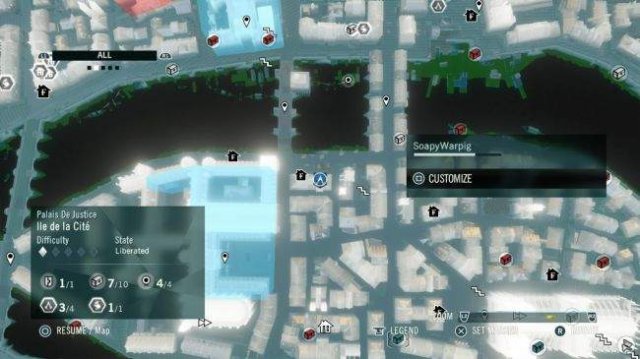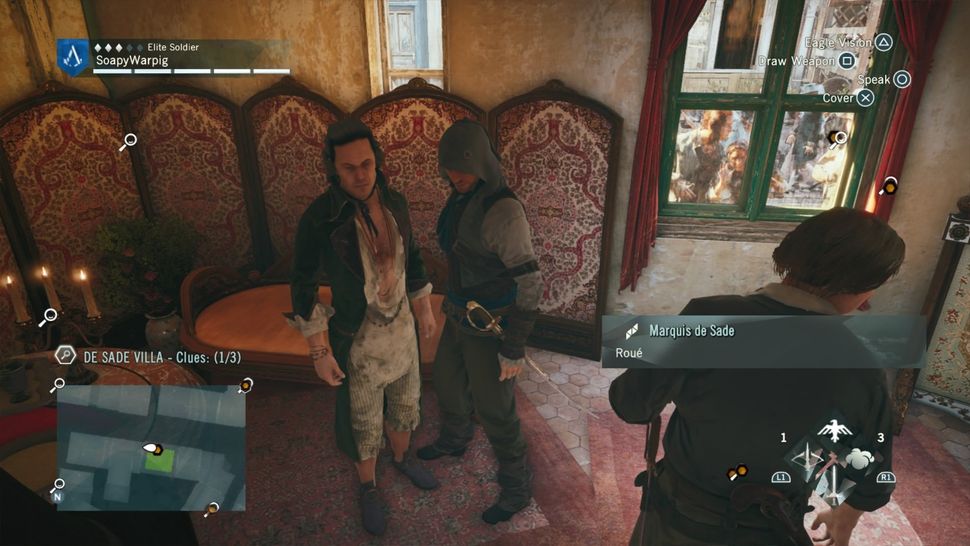

It added that the company 'could not have anticipated them, had no motive for them, and received no benefit.' Both the High Court and the Appeals Court rejected this claim. The Canadian company claimed that it had 'no knowledge or suspicion' of the payments made by its representative to Mr. The issue of deniability was particularly significant in Lesotho. If these intermediaries pay bribes, their employers can deny that they knew what was going on. First, they run counter to the outdated conventional wisdom that suggests that companies have limited responsibility for what commercial intermediaries do - or are suspected of doing - on their behalf. These three cases have several features in common. Its share price fell significantly in the week after news of the police investigation became public.

The Norwegian company comes within the SEC's jurisdiction because of its listing on the New York Stock Exchange. Securities and Exchange Commission (SEC) announced that it was holding its own enquiry into the company's contract with the consultant. Public controversy over these payments led to the successive resignations ofthe company's head of international exploration, its chairman and its chief executive. By the time that the Norwegian company cancelled the contract in early September, it had already paid $5.2m, prompting suspicions that the consultant was being used as a conduit to pay bribes in Iran. The money was to be paid via a Swiss bank account. In 2002, the Norwegian company had agreed to pay $15.2m to a small consultancy registered in the Turks and Caicos Islands in return for advice on 'financial, industrial and social issues' in Iran. In September 2003, Norway's National Authority for Investigation and Prosecution of Economic Crime (Oekokrim) launched an investigation into the company's business dealings with Iran. The third case involves a Norwegian company. The large amounts of money involved mean that the case could be the largest-ever FCPA violation. The money was transferred via Swiss bank accounts and - as with the Lesotho case - the Swiss authorities are cooperating with the U.S. lawyer who served as a special adviser to Kazakh President Nursultan Nazarbayev, is accused of transferring around $78m to Kazakh officials as bribes in connection with the sale of rights to oil fields and pipelines. oil companies' purchase of Kazakh oil rights in the 1990s. lawyer with conspiracy, violations of the Foreign Corrupt Practices Act (FCPA), mail and wire fraud, money laundering and subscribing to false tax returns. In April 2003, a New York grand jury charged a U.S. The Lesotho authorities have also initiated proceedings against companies from France and Switzerland, and may initiate proceedings against companies from Italy and the UK. Meanwhile, the Lesotho High Court had in June 2003 convicted a German company on similar charges of bribery via an intermediary. In August 2003, the Appeals Court dismissed one charge and reduced the fine, but upheld the main charge.

The company appealed, arguing that it had no knowledge of the commercial representative's relationship with Mr. The case revolved around its employment of a commercial representative, who had paid bribes to Mr. In September 2002, the Lesotho High Court convicted a Canadian company on two charges of bribery, and later sentenced it to a fine of $2.25m. Sole is now in prison serving an 18-year sentence for corruption. The first case involves international engineering companies in the southern African state of Lesotho, and their alleged use of intermediaries to bribe Masupha Sole, the former chief executive of the Lesotho Highlands Water Project (LWHP).


 0 kommentar(er)
0 kommentar(er)
